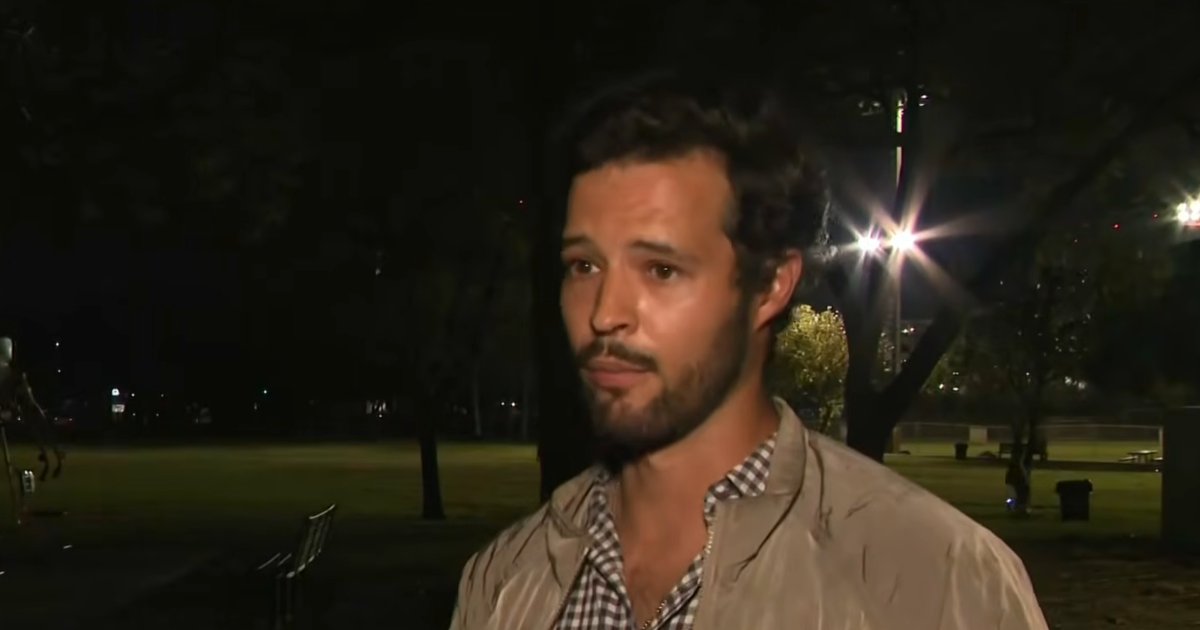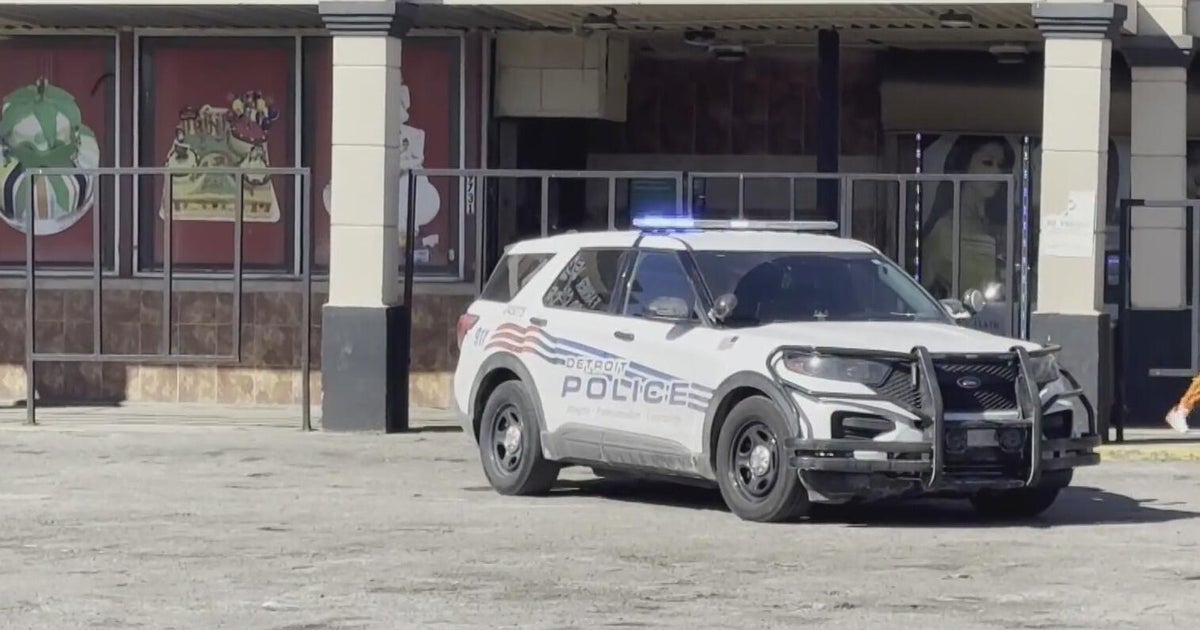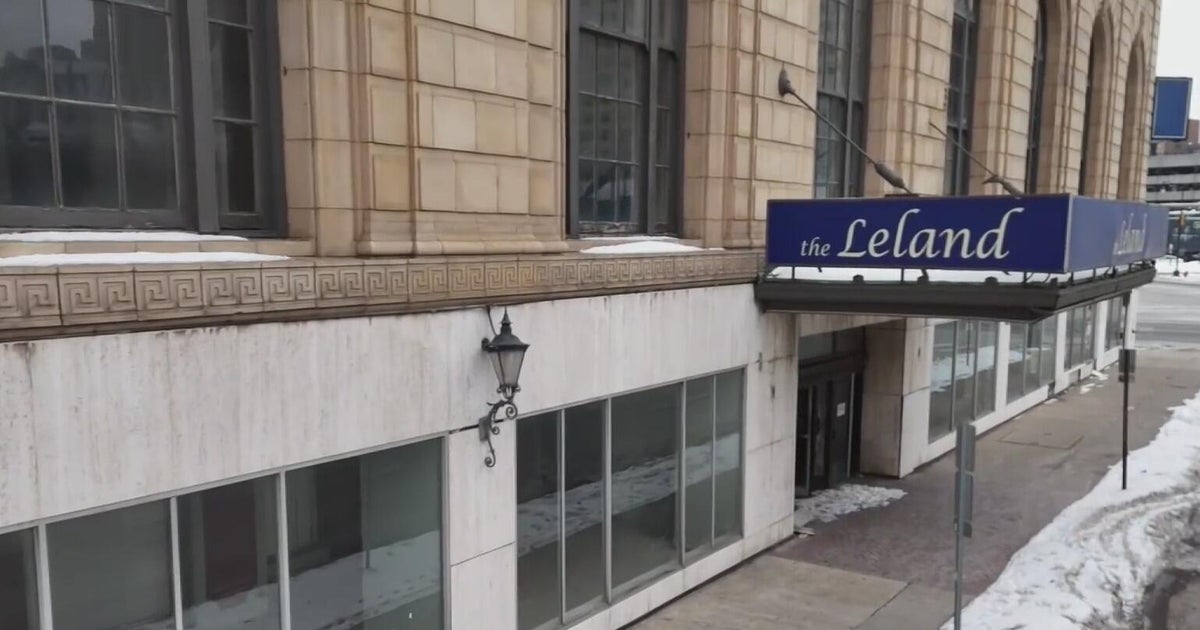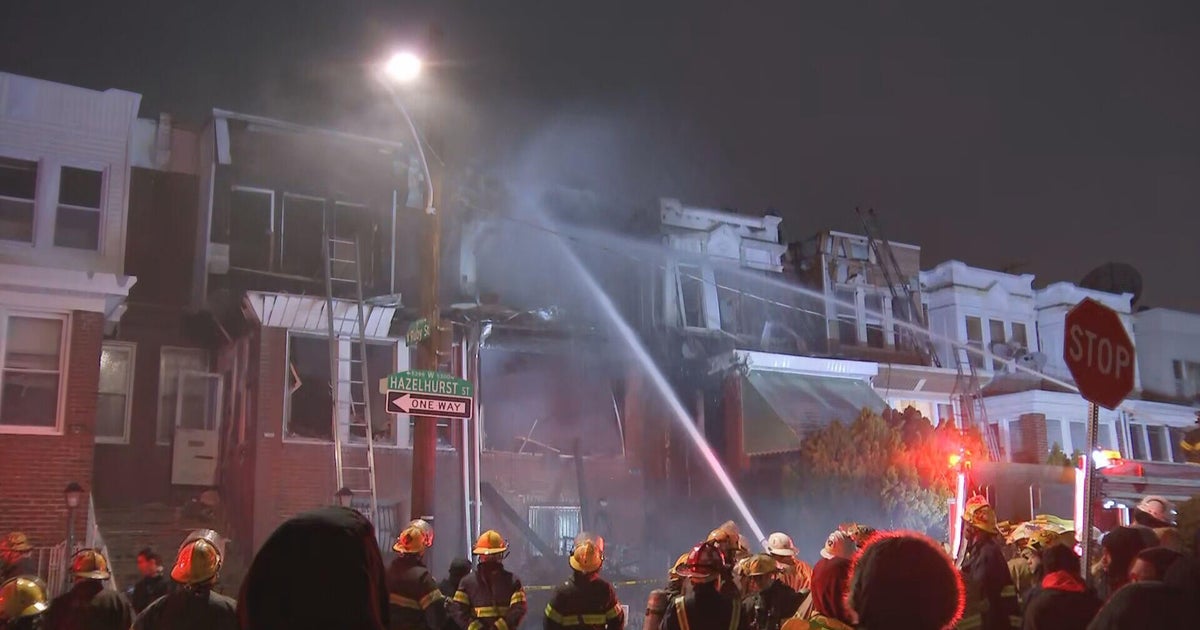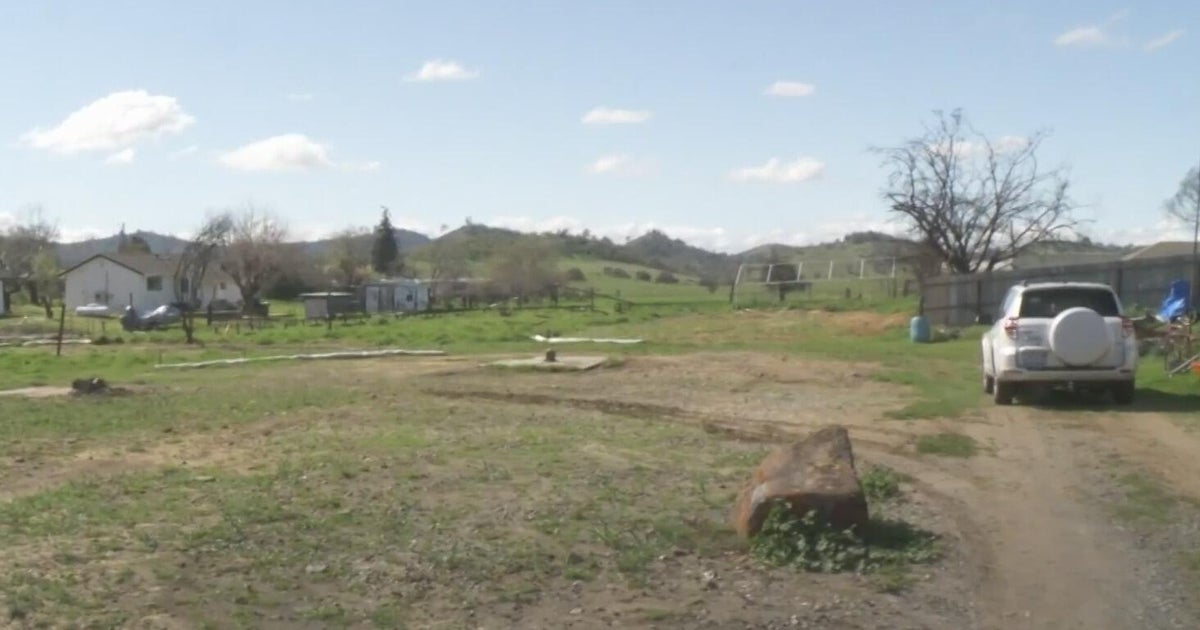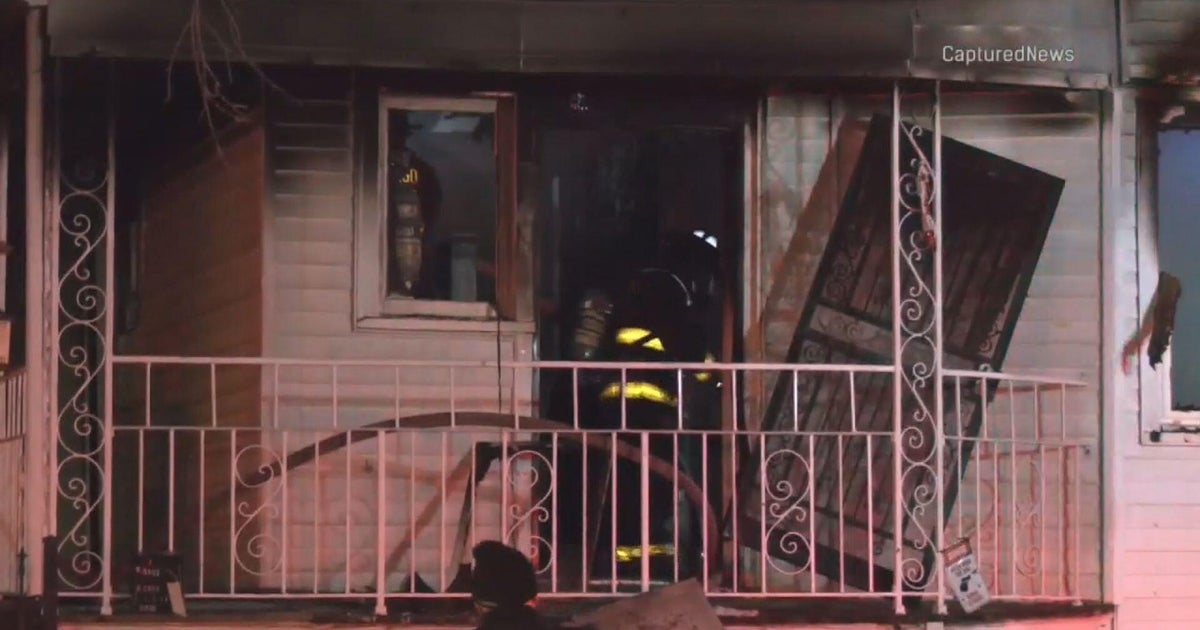Safety deadlines applied after Surfside collapse pressuring owners to pay up or move out
MIAMI — Years after the Surfside collapse, South Florida is in a condo crisis.
Upcoming safety deadlines are pressuring condo owners to pay more than they can afford. CBS News Miami explores how meeting state requirements to keep condo buildings safer is pricing some people out of their forever homes.
"I am being forced out," exclaimed Sue Casey.
Casey said she has lived in her Hollywood condo at Carriage Hills for the last 12 years.
"I thought I was going to die here, actually," she mentioned.
Casey showed CBS News Miami a letter from May on behalf of the condo association that revealed she has a lien placed on her property, which could be foreclosed on because she has yet to pay more than $20,000 for the special assessment and late fees.
"When did you come to the realization you're not going to be able to pay that?" CBS News Miami's Joe Gorchow asked.
"I knew that right away," Casey said.
She said the proposed payment plan exceeded her fixed income, explaining that she had "no wiggle room" on where to put a roof over her head.
Casey added that she's trying to sell her condo, even though she's unsure where she will live after she's out.
"I was planning on sleeping in my car, and my daughter was just frantic, and I said, 'I don't want you to worry about me,'" she said.
Casey's story has become a familiar tale in South Florida.
"It is scary but this process is necessary for everybody's best interest," said Ernesto Cuesta, the president of the Brickell Homeowners Association.
He said state laws recently passed ensuring that buildings past milestone recertifications and have money in reserves are necessary following the collapse of Champlain Towers South in 2021. He calls it the "condo MRI": maintenance, reserves and insurance.
"You're talking about risking lives if buildings are not well kept," Cuesta explained.
He said the cost to do so now is pricing out some member condo associations in Brickell, which are looking to sell off entire buildings.
"Older buildings are in the process of being sold -- right now, I'd say between five to six," Cuesta said. "Older buildings require more maintenance. For older buildings, you have to make a heavy investment. Some people are on fixed incomes. It's very hard for them to come out with additional income."
While some feel forced out, others might look to buy into a condo. And before you close the deal, realtor Evan Sophir stressed what you must know.
"If there is a special assessment, you need to know all the information about it right away," Sophir shared. "As far as what is the timeline for the special assessment, how much of it can be paid off sooner than later?"
Sophir emphasized that people are legally entitled to know the whole financial picture of an association and the unit they're looking to buy.
"If something is known by the HOA or by the owner of the condo, that needs to be shared," Sophir said. "It can make or break their decision. [It's] vital to the process, especially now with so many special assessments out there."
The one handed down at Carriage Hills pushed Casey to put her retirement home on the market, hoping for a miracle before a potential sale.
"People out there need help and are probably in worse shape than me," Casey said as she began to tear up. "So, you know, I can't be too give me about this, but if there was anything that anybody could do for me, you know, you have my 100% attention."
CBS News Miami searched in early July and found 12 recorded liens filed at Carriage Hills in 2024 in Broward County. CBS News Miami contacted the association's president and attorney, asking if they planned to foreclose on all those homes or if they were willing to try to create a different payment plan for residents needing financial help.
Carlos Lopez, the association's attorney, said he was unaware of Casey trying to sell her home and she has not presented the association with a sales contract. He said they "will continue to pursue its active collections, including any properties with recorded liens against them."
However, the association "remains committed to working out payment plans or settlements with any unit owner in collections." He adds the "special assessment(s) [are] necessary for the ongoing concrete restoration work that is required by the 40-year building recertification."
